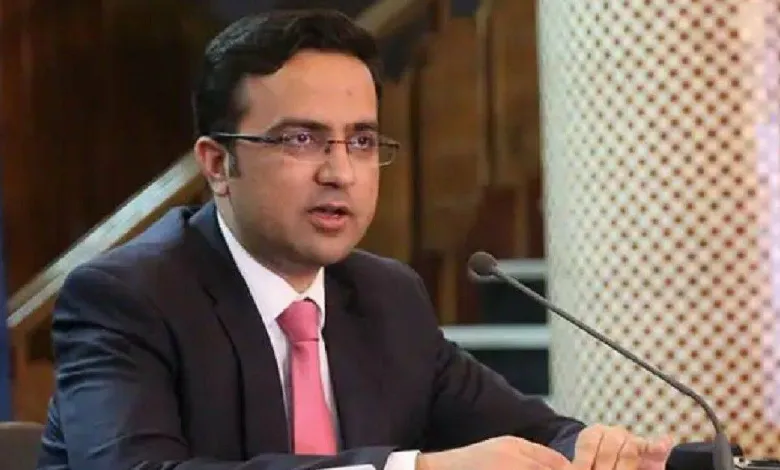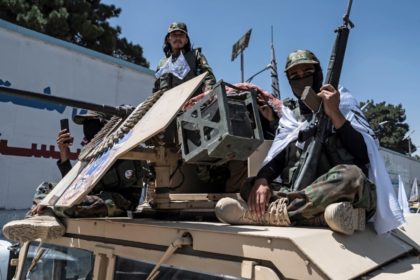RASC News Agency: In a detailed expose, Reuters has uncovered compelling evidence that Mahmood Shah Habibi an Afghanistani-born U.S. national and former head of Afghanistan’s Civil Aviation Authority was abducted by armed operatives bearing the insignia of the Taliban’s clandestine security service. Multiple eyewitnesses and intelligence passed to the U.S. government describe how Habibi was seized while blindfolded, restrained, and placed in the rear seat of a Toyota Land Cruiser, his fate thereafter shrouded in uncertainty. The operation, witnesses report, was not carried out in secrecy but in full public view. Taliban forces cordoned off Habibi’s Kabul residence before forcing their way inside. They reportedly confiscated his laptop, personal documents, and other belongings before escorting him away. Despite the weight of corroborating testimony and physical evidence, Taliban authorities have flatly denied involvement. Zabihullah Mujahid, the group’s chief propagandist, claimed to have contacted “all Afghanistan’s prisons” and asserted that no record of Habibi’s detention exists a statement starkly contradicted by witness accounts, data extracted from Habibi’s mobile devices, and intelligence assessments from U.S. officials.
Habibi, who obtained U.S. citizenship after the Taliban’s violent seizure of power in 2021, frequently traveled between Kabul and the United States for his work with ARX, a private communications firm. According to Reuters, his detention may be linked to the company’s alleged cooperation with the U.S. Central Intelligence Agency (CIA). One of ARX’s security cameras reportedly played a critical role in locating al-Qaeda leader Ayman al-Zawahiri, ultimately enabling the American drone strike that killed him in a Taliban-controlled guesthouse in Kabul. The sequence of events is telling: Habibi was detained precisely ten days after al-Zawahiri’s assassination. U.S. intelligence officials insist that Habibi had no operational role or prior knowledge of the strike, describing him as an “unwitting civilian” ensnared in the geopolitical aftershocks of the operation. He was apprehended upon returning from a routine business trip to Dubai entirely unaware of the looming danger.
A spokesperson for the U.S. State Department has confirmed that Washington is fully aware of Habibi’s abduction and has demanded his “immediate and unconditional release.” Yet the Taliban, the CIA, the White House, and ARX have thus far maintained a calculated silence in response to formal inquiries. The case of Mahmood Shah Habibi the only publicly confirmed American citizen currently imprisoned in Afghanistan has become a high-stakes point of contention between Washington and the Taliban regime. His disappearance highlights not only the Taliban’s ruthless use of extrajudicial detention but also their growing reliance on hostage diplomacy as a tool of leverage against foreign governments.
Human rights advocates warn that this case underscores a broader truth: under Taliban rule, Afghanistan’s security apparatus operates in the shadows, unaccountable to law, resistant to international scrutiny, and weaponized against perceived political adversaries. The abduction of Habibi serves as both a chilling message to foreign nationals and a grim reminder to Afghanistani citizens that the regime’s grip on power is enforced not through justice, but through fear, secrecy, and unrestrained coercion.






